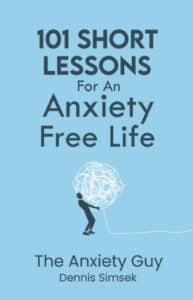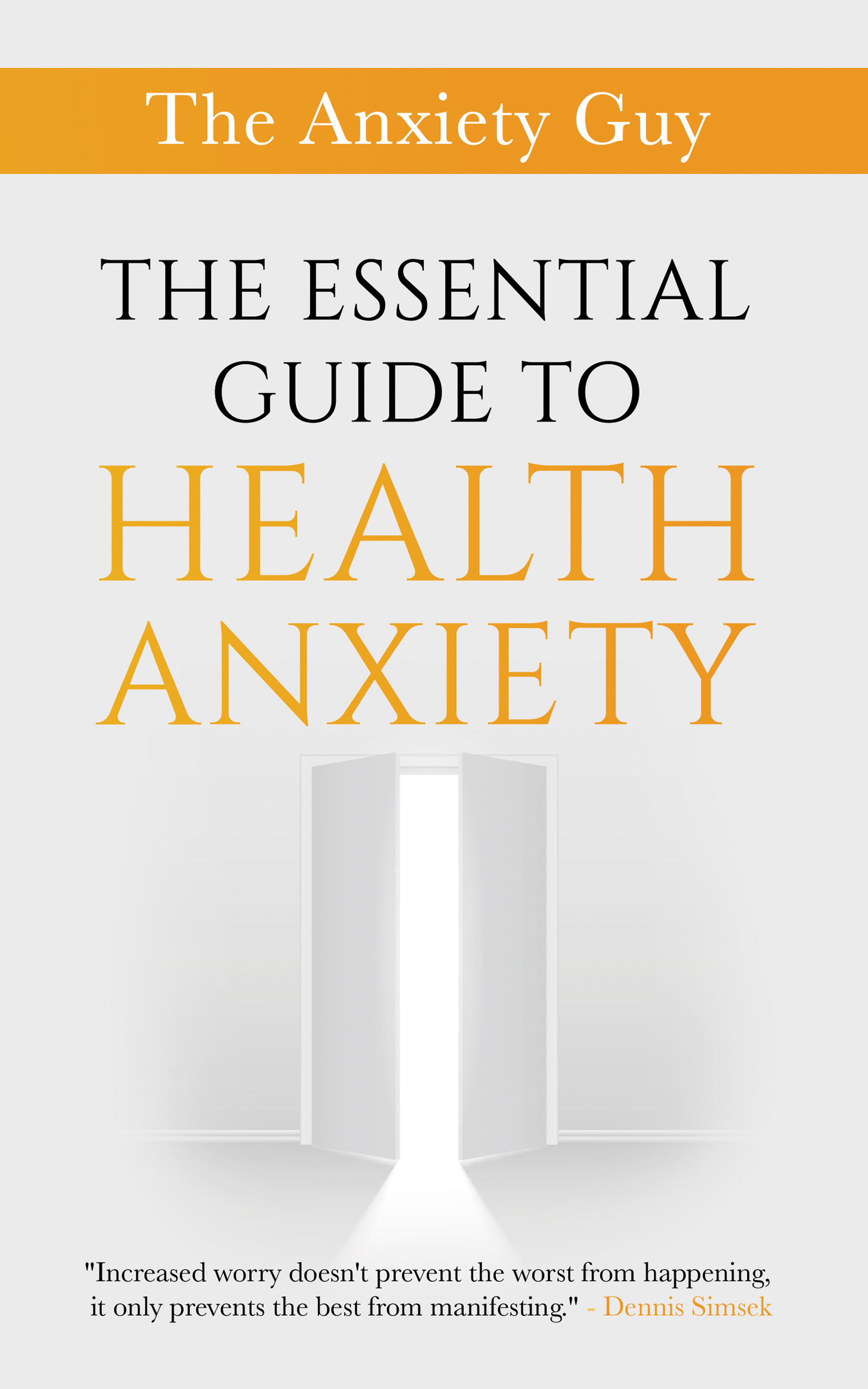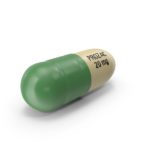“A Little Progress Each Day Adds Up To Big Results.”
Of late, there has been a flood of information about the benefits of vitamins for anxiety alleviation. It may however be noted that one cannot reduce anxiety just by adding vitamins to the diet. This is because the body eliminates excess vitamins from the body.
The body does not keep nutrients that are not needed and they get expelled as waste.
Another point to note is the fact that frequent and excess intake of vitamins can actually be harmful for the body. It is therefore important to consult a specialist or naturopath before taking vitamin supplements for anxiety alleviation.
The anxiolytic effects of B vitamins
Those vitamins which seem to produce anti-anxiety effects when consumed in high doses by a person with no deficits in that specific vitamin are referred to as anxiolytic vitamins.
Vitamins which have most commonly been associated with anxiety alleviation are B vitamins. Several experts have stated that B vitamins can help ease the stress response and its supplementation can help cure the mental condition. It is however best to rely on known facts rather than theories.
Listed below are different B vitamins and their effects on your anxiety levels:
Cobalamin/Vitamin B12: Vitamin B12 plays a role in occurrence of nerve disorders, anemia, and cognitive defects. Since the vitamin affects the nerves and brain, it is the most popular supplement choice for anxiety alleviation. Deficits in Cobalamin can result in mood issues, including anxiety and depression. It can also adversely affect memory and nerve tissue. Many studies have shown the strong links between mental health and B12 levels.
Folic Acid/Folate/Vitamin B9: Vitamin B9 helps repair and synthesize DNA and plays a role in prevention of anemia. Folate deficit is uncommon in Western nations. The vitamin has many uses and specialists may suggest folate supplementation. Research shows a definite link between intake of vitamin B9 and reduction in depression, stress, and anxiety.
Thiamine/Vitamin B1: Vitamin B1 plays a role in nerve function and production of DNA and energy. Some studies have shown a mild correlation between anxiety reduction in those with GAD and thiamine intake. It is especially evident in people with vitamin B1 deficits.
Riboflavin/Vitamin B2: Vitamin B2 plays a role in fatty acids oxidation and energy creation. It is believed that the vitamin can decrease stress and increased dosage can enhance immune system functionality, thereby decreasing stress. It is known that Riboflavin reduces migraines, and intake of the vitamin can be helpful for alleviation of migraines triggered by anxiety.
Niacin/Vitamin B3: Vitamin B3 plays a role in skin health, cholesterol production, and energy creation from carbohydrates. It is also believed that niacin may be associated to production of serotonin. Additional research is needed to verify the anxiolytic effects of vitamin B3.
Pantothenic Acid/Vitamin B5: Vitamin B5 has a role in production of CoEnzyme-A and acetylcholine neurotransmitters as well as in oxidation of fatty acids. The vitamin is known to help find relief from varied painful ailments, but more research is needed to find its effects on anxiety levels.
Pyridoxine/Vitamin B6: Vitamin B6 helps process amino acids and neurotransmitters. Animal studies have shown that the vitamin raises serotonin levels. Other studies have shown that vitamin B6 deficit elevates stress in grieving males, while it decreases anxiety in women with premenstrual syndrome.
Biotin/Vitamin B7: Vitamin B7 plays a role in metabolism of carbs, lipids, and proteins and in transfer of carbon dioxide. It may help prevent the onset of diabetes. Biotin is available in high quantities in the body and hence supplementation is usually not needed. More research is needed to find the relationship between anxiety alleviation and vitamin B7 intake.
Studies have shown that sufferers do experience relief from the condition after consuming B-Vitamin Complex. This indicates that B vitamins can help ease anxiety levels. Best to begin your supplementation today, and recognize any changes within the next 4 weeks.
Begin Turning Fear Into Freedom Through The #1 CBT Based Anxiety Program Starting Today.




















I’ve known deficiency in vitamins to affect other aspects of health and not including anxiety. Sounds good to know the anxiolytic effects of vitamins, but I still find it hard to spot the foods that contain these vitamins. Could you be of help?
Anderson I’ve noticed you’ve just started the end the anxiety program, all is revealed through that program and yes I am an email away through the process.